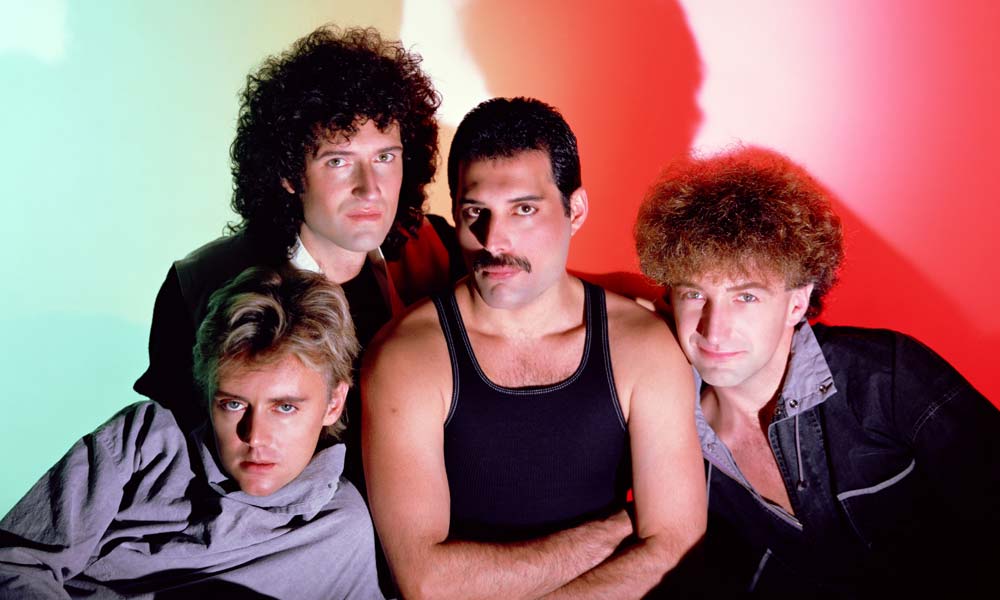For a number of reasons, Queen is regarded as one of the finest rock bands in the world. Their music is incredibly varied, including elements of rock, pop, blues, and opera. They are unmatched in their ability to combine these styles with such ease. Lead vocalist Freddie Mercury commanded the stage and enthralled audiences with his high-energy acts, making their live performances legendary.
Even though Queen has maintained a huge following around the globe for more than 40 years, the band’s albums weren’t particularly strong all the time. We need a few conditions before starting a playlist of Queen’s “worst” tracks. First off, the best music from 99% of smaller bands is typically miles better and more fascinating than a bad Queen song. We’ve tended not to call attention to b-sides or outtakes in favor of the tracks Queen considered to be compelling enough to be included on a studio album.
Don’t Try Suicide (The Game, 1980)
While some fans may enjoy the song’s upbeat tempo and catchy chorus, the lyrics deal with a sensitive topic that should not be taken lightly. This song only includes the absurd; many of Freddie’s musical curveballs were a masterful blending of the sublime and the ridiculous. This deranged stop-start doo-wop pastiche unfurled its cheeky grin of a bassline over jubilant handclaps and words that read like an inappropriately lighthearted mental health campaign.
Pain Is So Close To Pleasure (A Kind Of Magic, 1986)
Only the Netherlands, where it was released as a single, saw it reach the Top 50; perhaps this is because it is one of the few Queen songs whose undeniable catchiness is primarily of the irritating type. Some of the band’s more rock-oriented followers were put off by the group’s departure from their preferred sound by the song’s unusual fusion of funk, soul, and rock.
Body Language (Hot Space, 1982)
This ridiculously simple song, which featured Freddie moaning and shouting about shagging over a lifeless electronic shuffle, was the pinnacle of his Berlin nightclub phase. Brian also commented, “There are some things on the album which I felt came out too light, like Body Language… we were afraid to turn up the guitars. Afraid to use the guitar as a force.”
My Baby Does Me (The Miracle, 1989)
It differed from the band’s usual tone and aesthetic. Some fans thought the song’s simple lyrics and more pop-oriented sound were out of character for Queen’s customary degree of musical complexity. This was a song with a dumb title and it also had dumb lyrics, on top of that, the drummer is absent altogether.
Delilah (Innuendo, 1991)
Delilah, down to the hilarious miaowing, is one of Queen’s most moving songs in its own sweet, innocent manner. Even putting aside the childish lyrics, the song’s musical style most closely resembles the parody work of middle-aged singer/organist John Shuttleworth and sounds like a Casio piano demo. Some listeners enjoy the song’s quirky and playful nature, while others think it’s too frivolous and ridiculous in comparison to the band’s other, more somber work.
Machines (Back To Humans) (The Works, 1984)
The idea of a song featuring a metaphorical conflict between organic and electronic components is intriguing. The fact that this filler was written by Bri and Rog, two of Queen’s hardest rockers, makes it sound hesitant and underwhelming. The song deviates significantly from the band’s usual rock sound by utilizing a lot of synthesizers and electronic noises. While some admirers liked the experimentation, others didn’t like the shift in aesthetic. The song’s lyrics explore the notion of humans losing control of machines, which was a novel concept at the time and might have seemed too dystopian or far-fetched to some listeners.
My Life Has Been Saved (Made In Heaven, 1995)
It was re-recorded by May, Taylor, and Deacon for Made In Heaven, the 1995 album containing the final vocals Freddie made before his passing in ’91. The song was originally a perfectly amiable Miracle-era b-side. The song’s posthumous release seems ill-advised given its title and sentiment, particularly since the later version dials back the guitar in favor of a piano and synthesizer uptempo, and its elevation to album cut rather exposes its bland mediocrity.
All God’s People (Innuendo, 1991)
The song, in the opinion of the audience, was too unique and wasn’t what they anticipated from Queen. The tune deviates from the standard Queen rock sound and includes a gospel choir. Some have claimed that All God’s People was Freddie’s tardy effort to win the Lord’s favor in preparation for his own impending judgment day. The synth-glazed happy-clappy song may be a little fanciful, but it does appear to exude born-again fervor.
Rain Must Fall (The Miracle, 1989)
Compared to some of their other tracks, it has a more experimental sound. The song’s eclectic blend of pop, rock and funk styles didn’t appeal to all listeners. Although Brian is incapable of playing a subpar solo, they were asking for problems by doing this.
Cool Cat (Hot Space, 1982)
Ad-libs were initially sung as a backup, but David Bowie insisted on having his vocal track cut out just before the album’s release. It’s not difficult to understand why; all he manages to do is mutter a few clumsy “bum-bum-bums” beneath Freddie’s corny falsetto. The song received criticism from fans for being too bland and missing the group’s distinctive rock edge. The song’s words lacked complexity and fell short of Freddie Mercury’s standard level of songwriting.”Cool Cat” represented a departure from the band’s usual style and was seen as a misstep by many fans.

